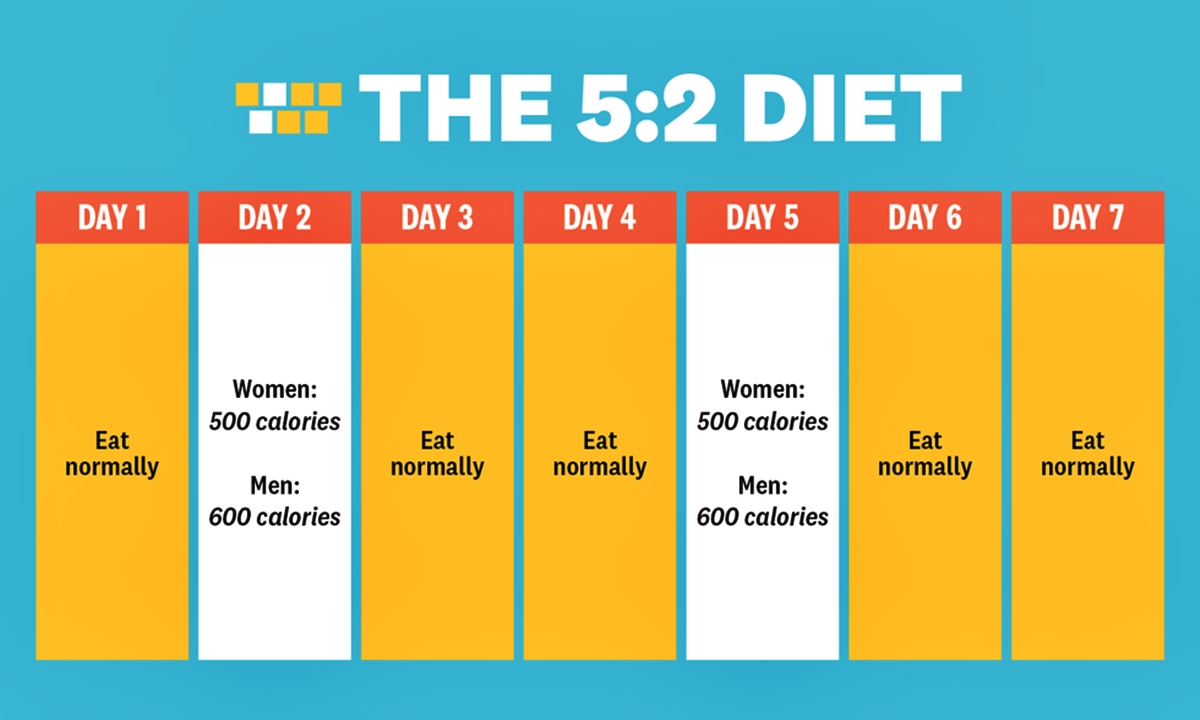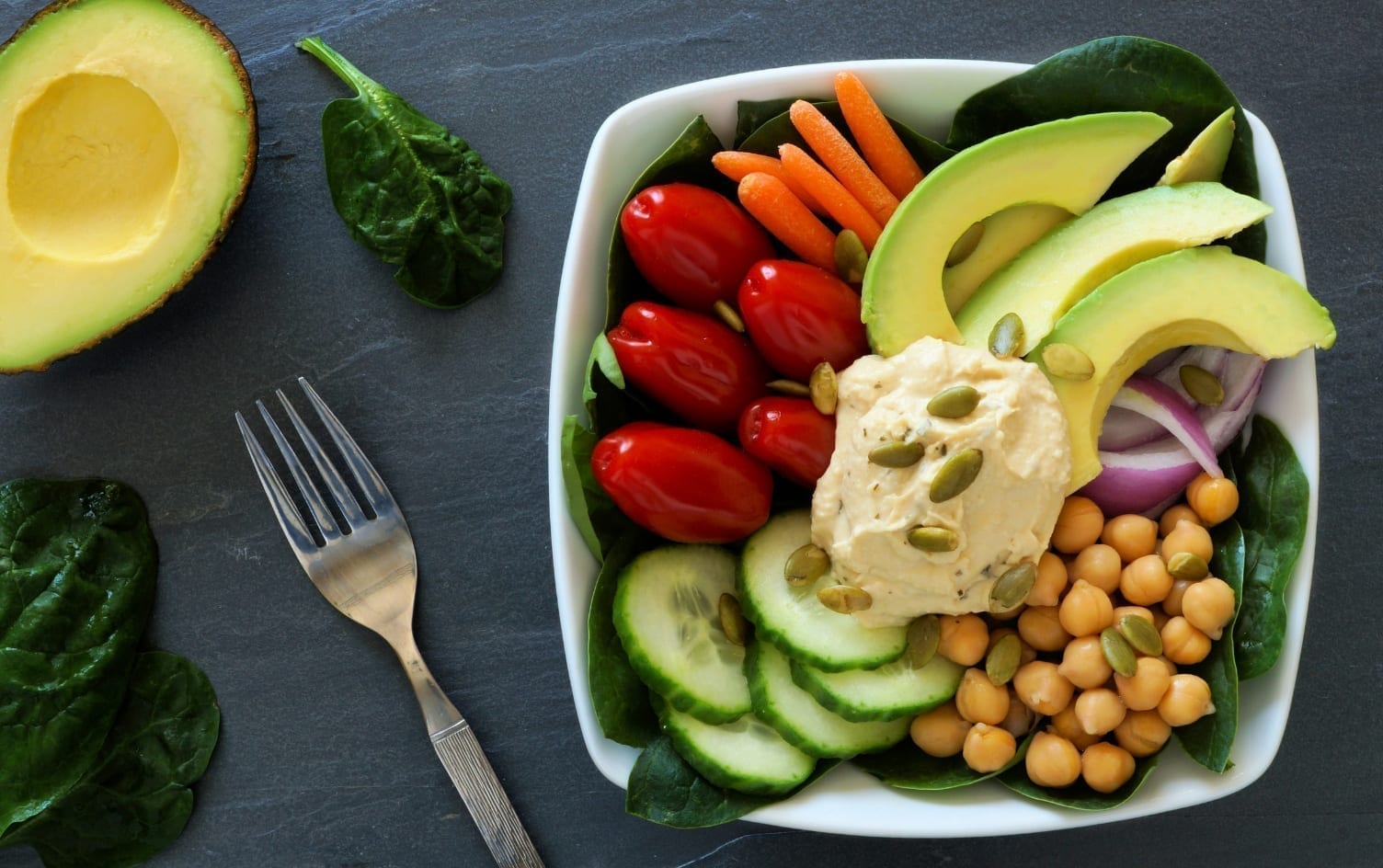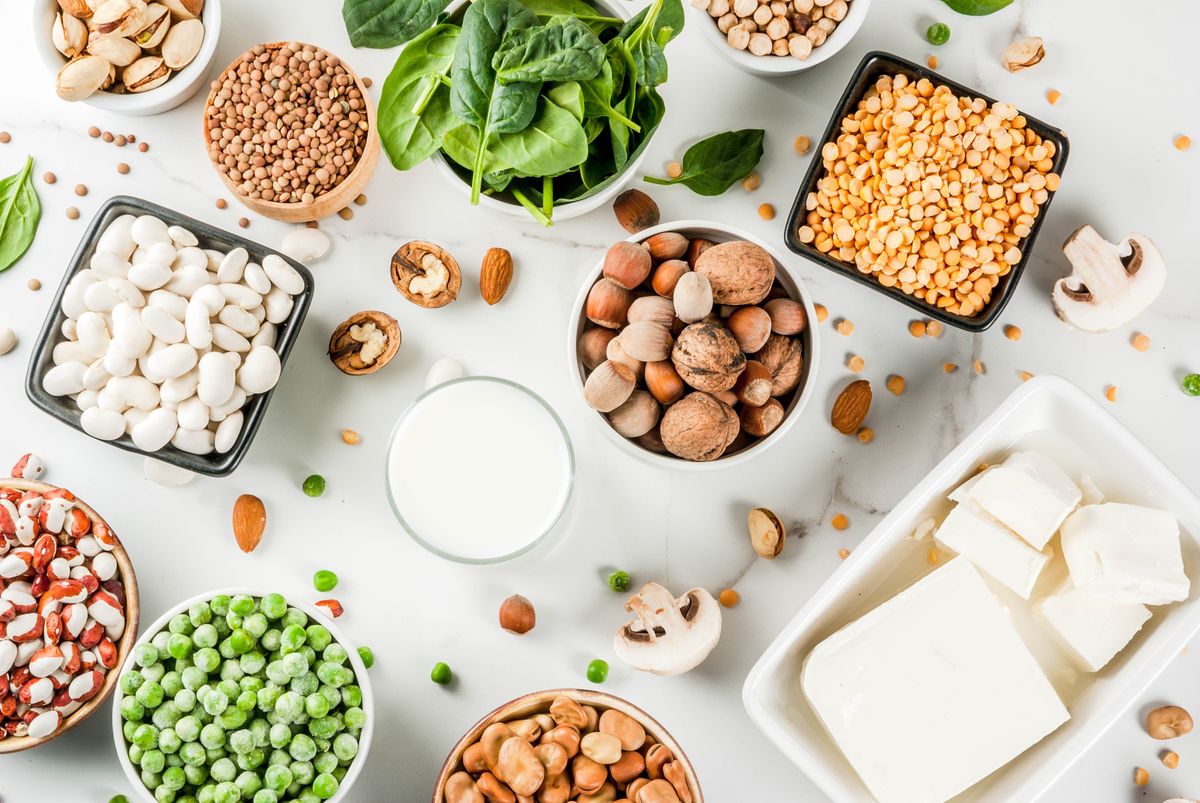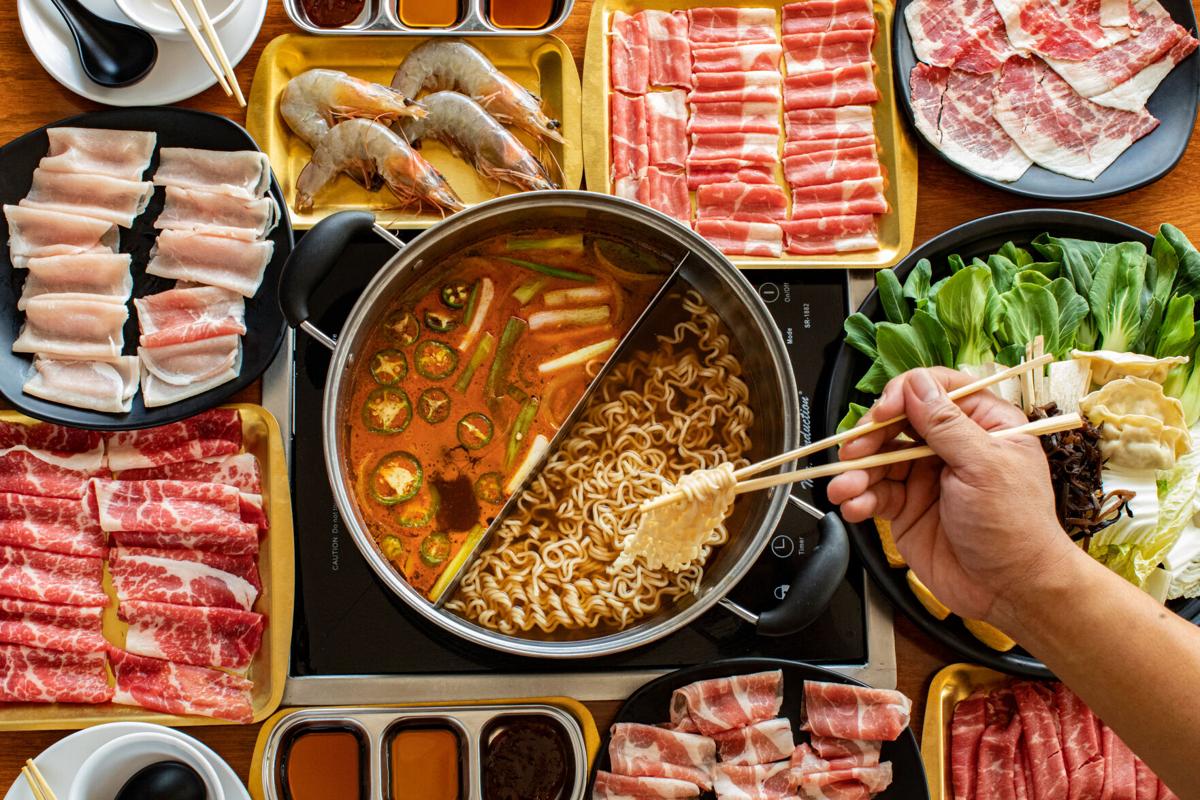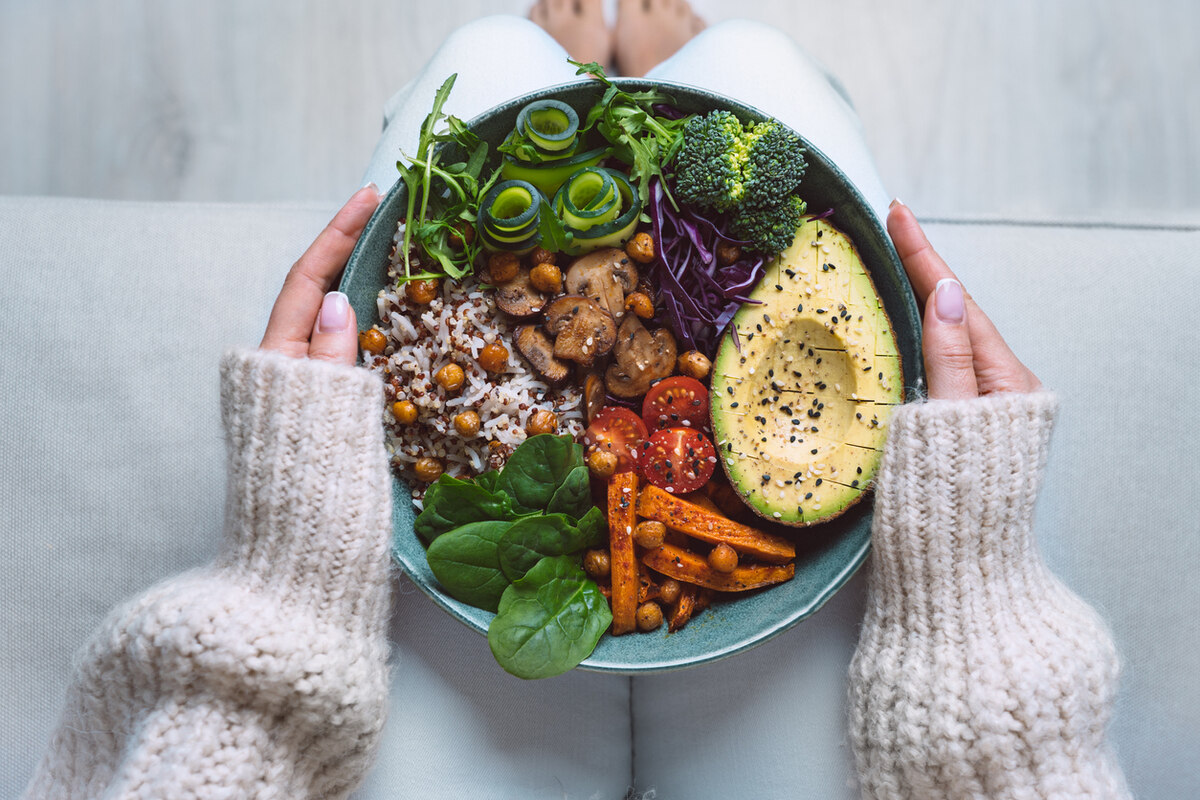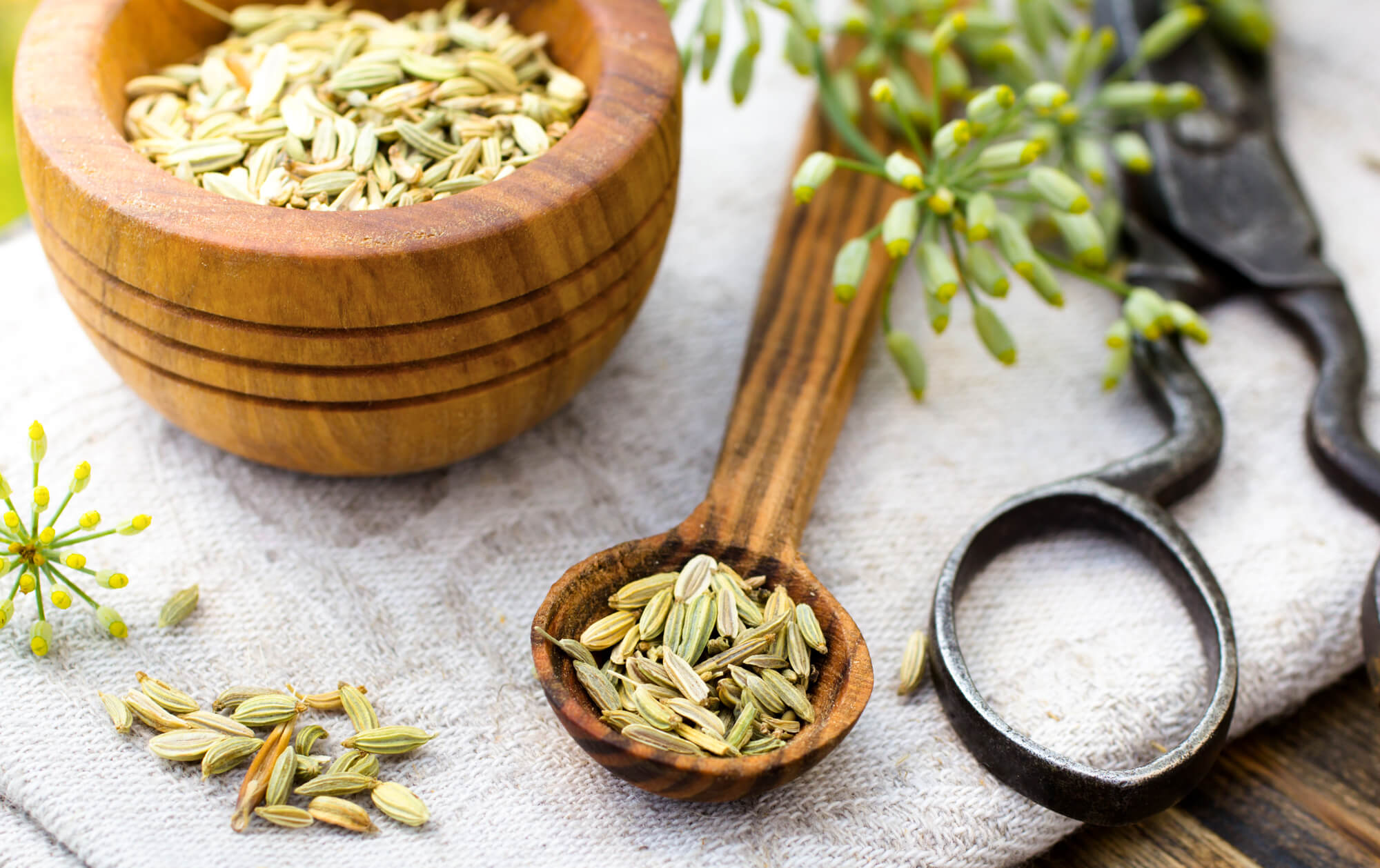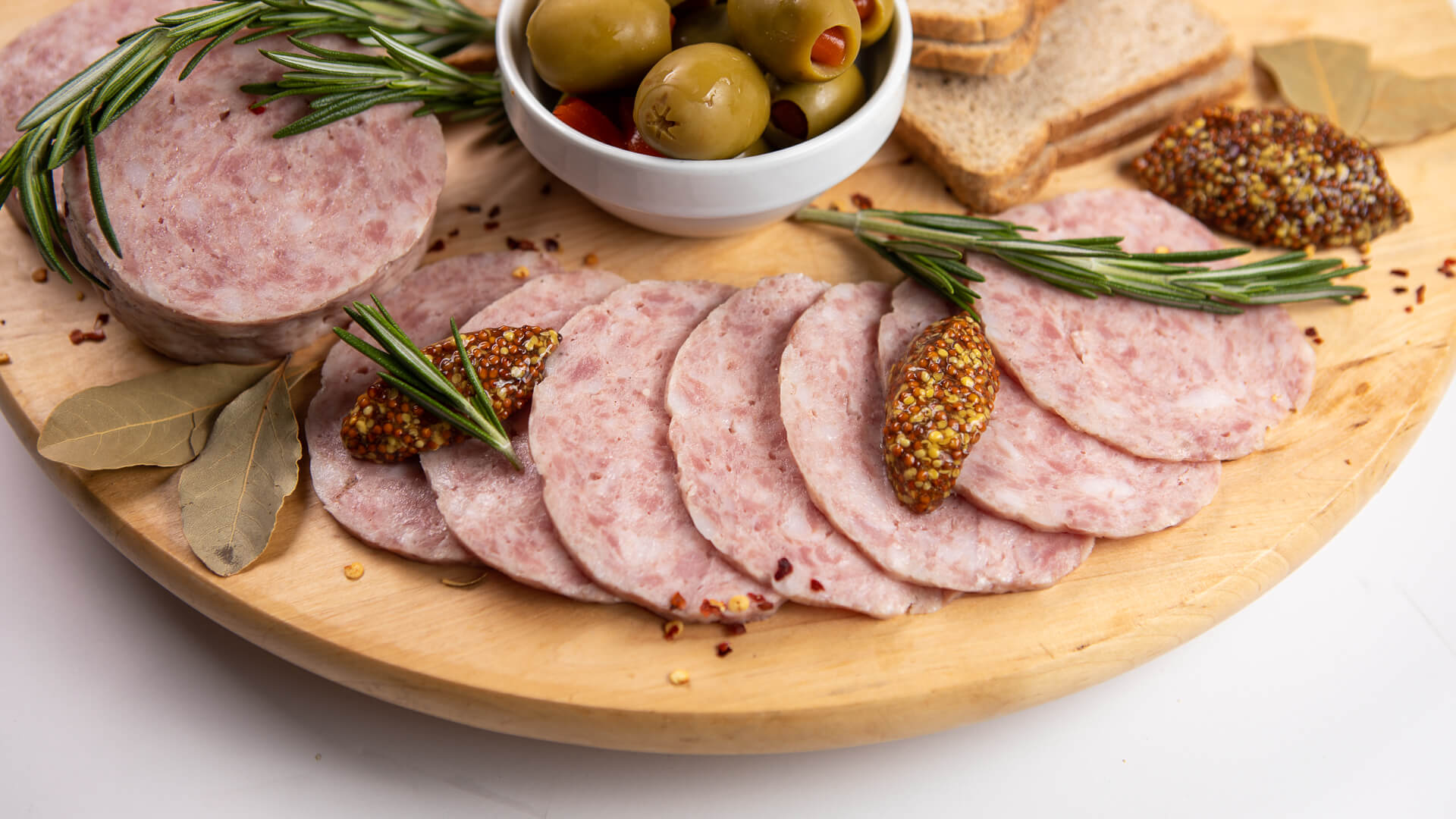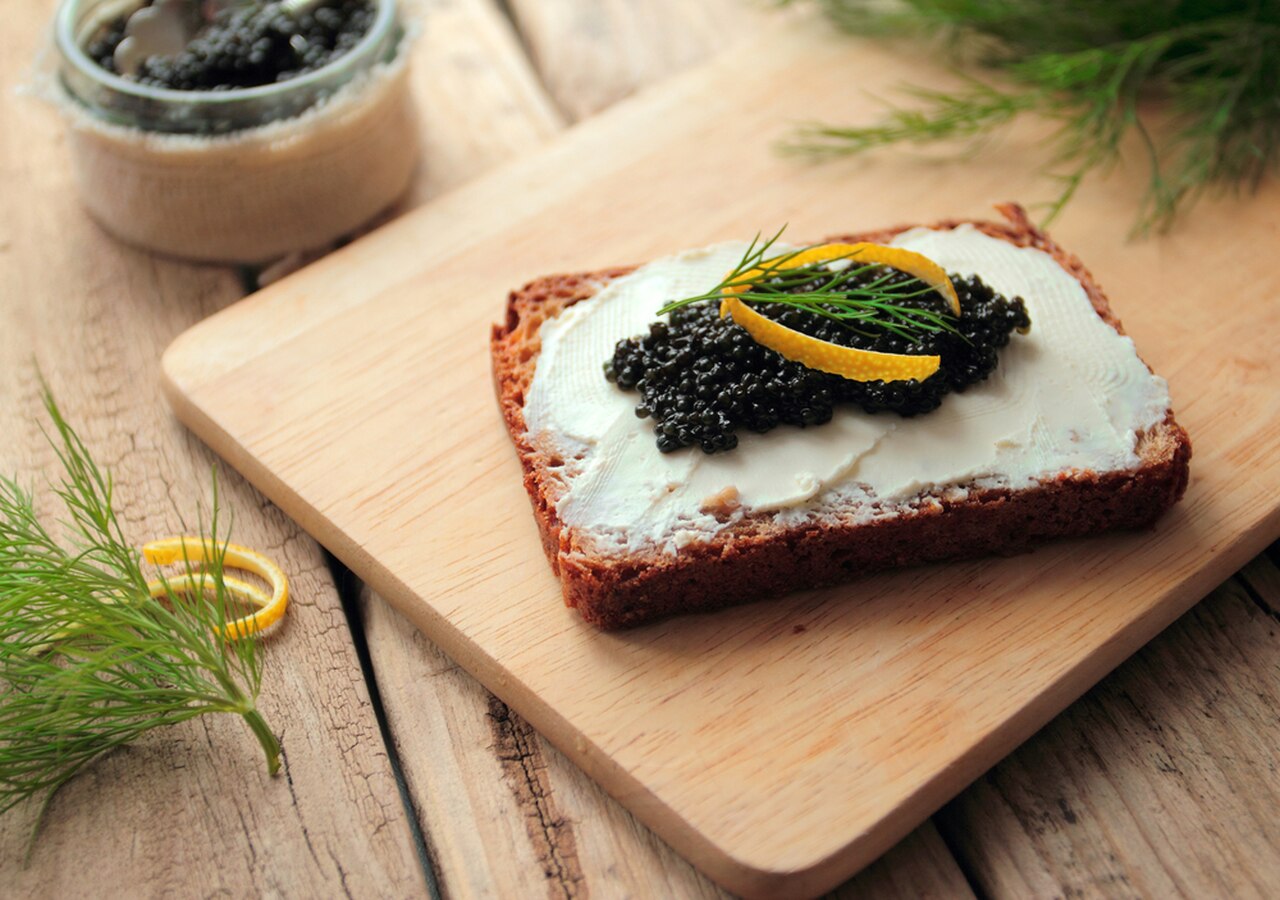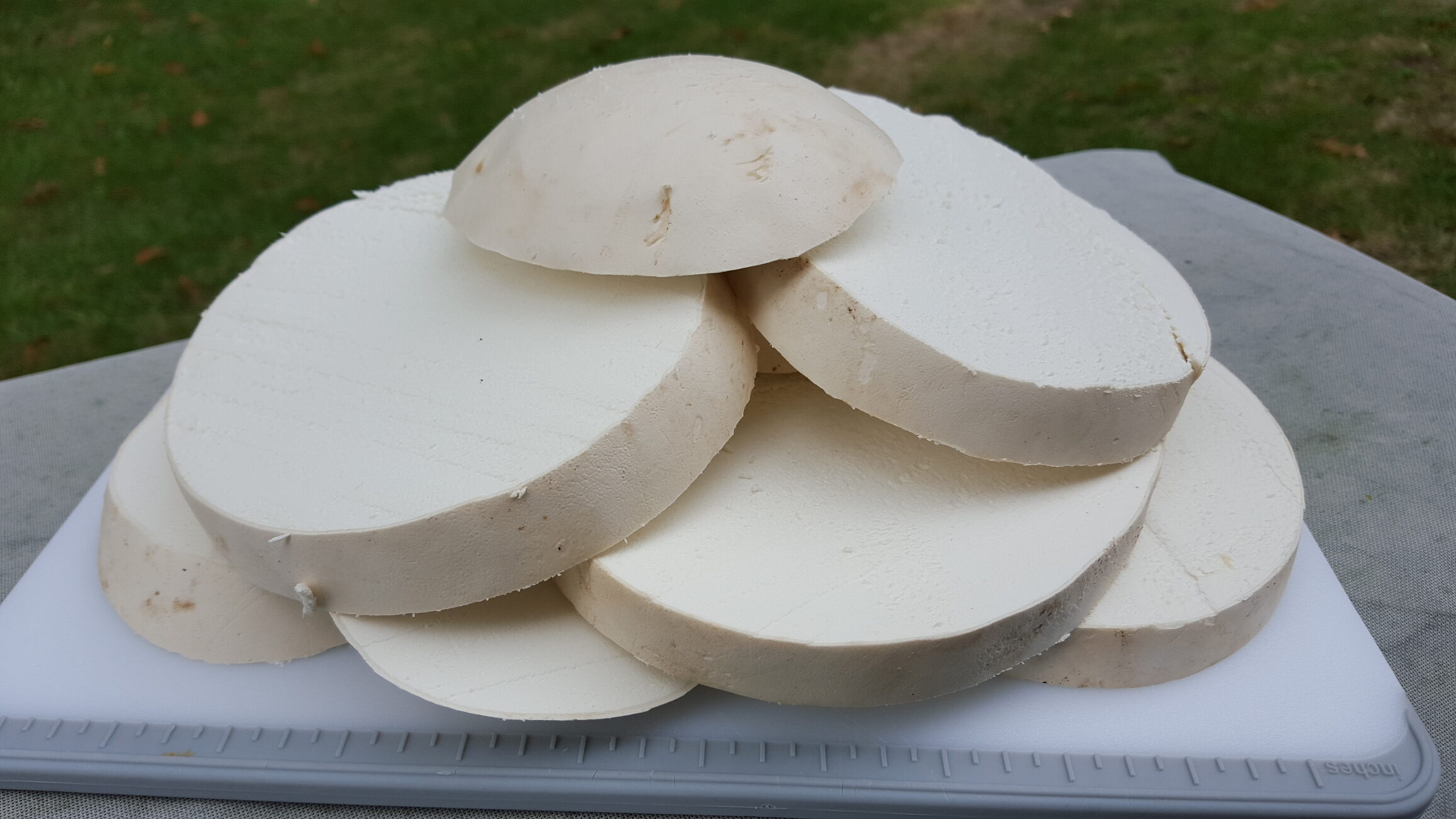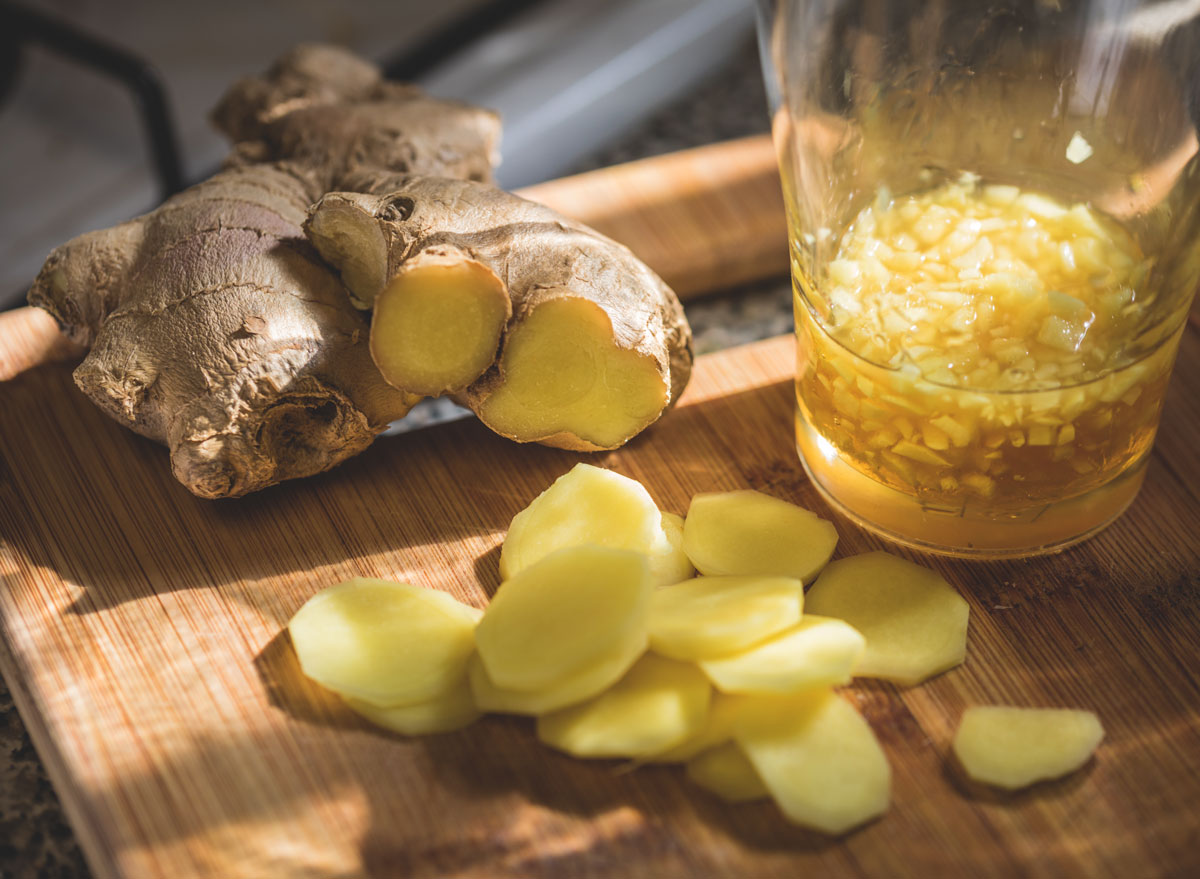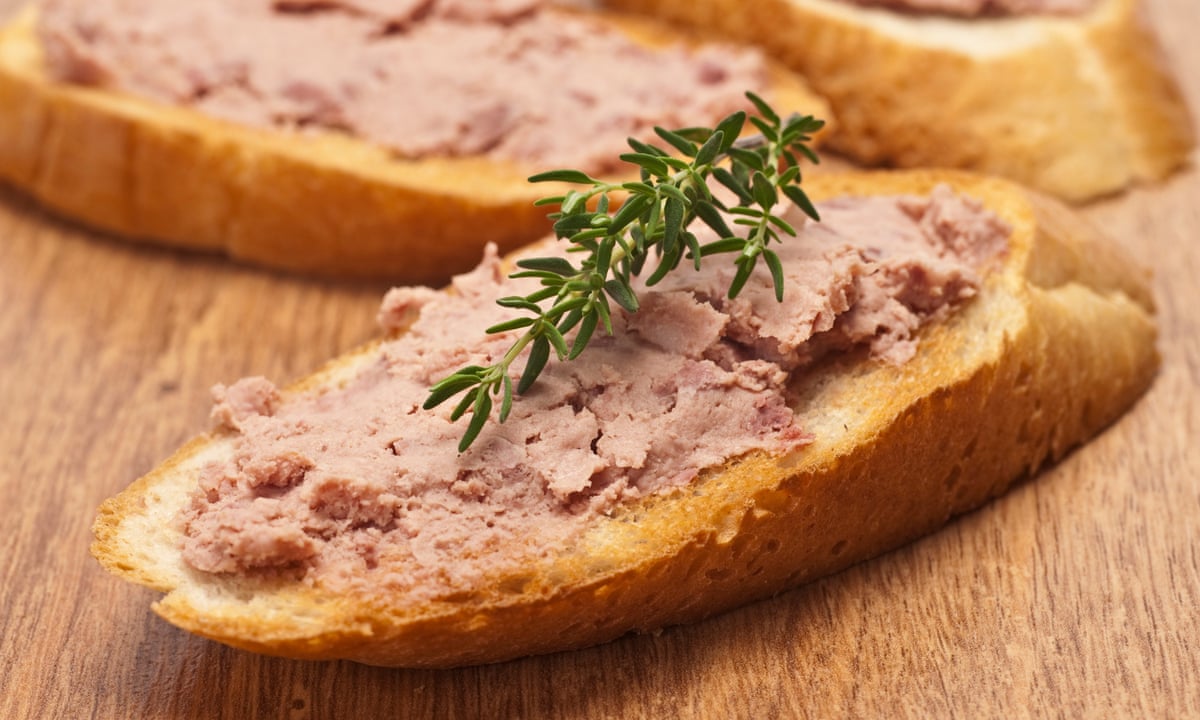How to Ease Back into Eating After Water Fasting
Congratulations on completing your water fast! Now that you have successfully cleansed your body and mind, it’s important to reintroduce food gradually to avoid any digestive discomfort or shock to your system. Here are some tips on how to ease back into eating after water fasting:
1. Start with Small Portions
After a period of fasting, your stomach has likely shrunk, so it’s essential to start with small portions to avoid overwhelming your digestive system. Begin with easily digestible foods such as fruits, steamed vegetables, or soups. This will help your body adjust to the process of digestion again.
2. Hydrate Before Eating
Before consuming any food, make sure to hydrate yourself with water. This will help prepare your stomach for digestion and prevent you from overeating, as thirst can often be mistaken for hunger.
3. Incorporate Probiotic Foods
During your water fast, the balance of bacteria in your gut may have shifted. Reintroducing probiotic-rich foods such as yogurt, kefir, or fermented vegetables can help restore the healthy bacteria in your digestive system and aid in the digestion of other foods.
4. Chew Your Food Thoroughly
Proper digestion begins in the mouth, so be sure to chew your food thoroughly. Chewing breaks down food into smaller particles, making it easier for your body to digest and absorb nutrients. This simple practice can also prevent bloating and indigestion.
5. Avoid Heavy and Processed Foods
After a period of fasting, it’s best to avoid heavy and processed foods that may be difficult for your body to digest. Instead, focus on whole, nutrient-dense foods that will provide your body with essential vitamins and minerals.
6. Listen to Your Body
Pay attention to how your body responds to different foods as you reintroduce them. If you notice any discomfort or digestive issues, take a step back and reassess your food choices. Every individual’s body reacts differently, so it’s important to listen to your own cues.
7. Be Mindful of Emotional Eating
After a period of fasting, it’s common to experience a heightened sense of taste and smell. This may lead to a desire to indulge in rich or unhealthy foods. Practice mindfulness and make conscious choices about what you eat, focusing on nourishing your body rather than giving in to cravings.
By following these tips and being mindful of your body’s signals, you can successfully transition back to eating after water fasting. Remember to be patient with yourself and give your body the time it needs to readjust to regular eating habits.

